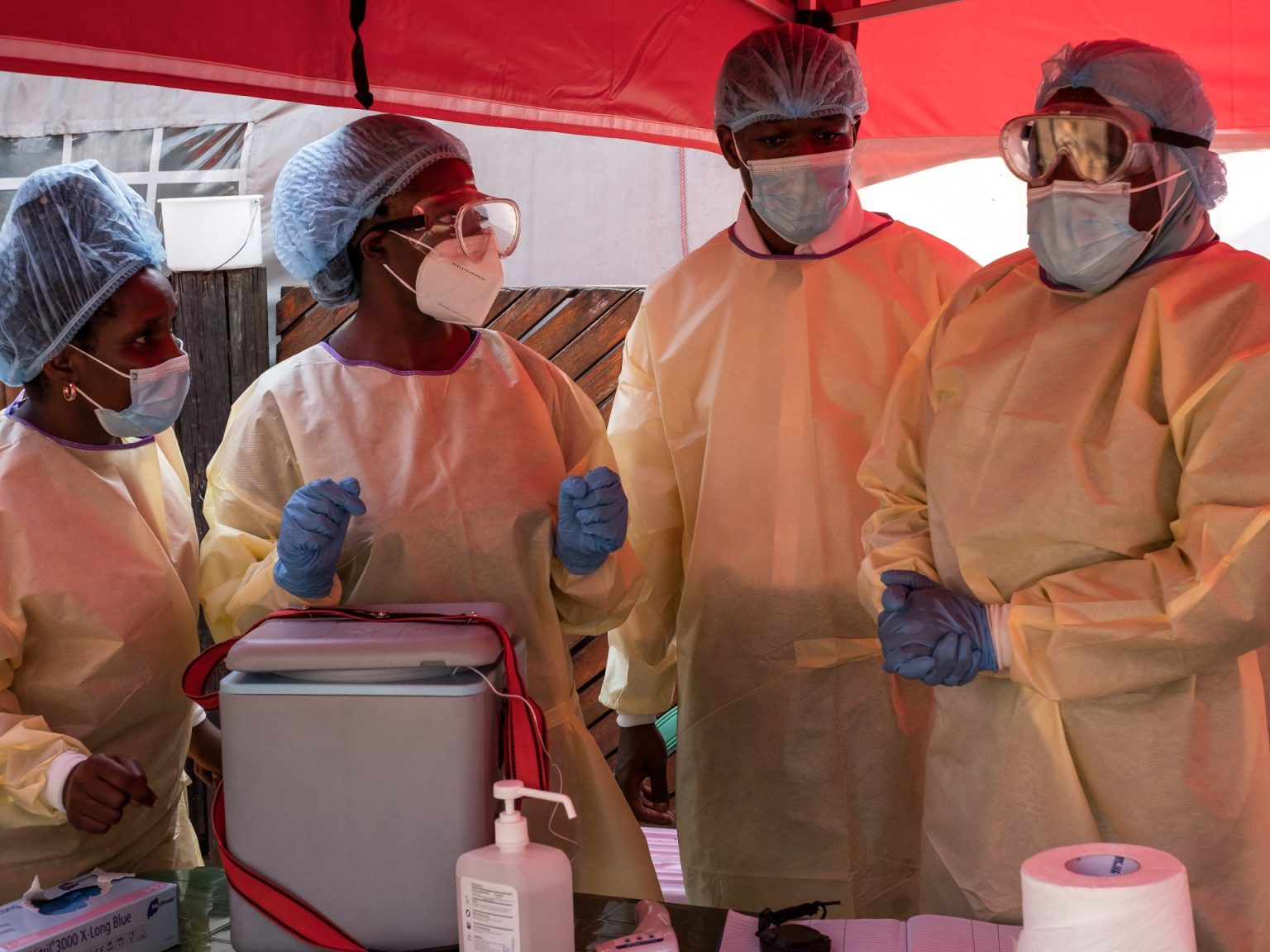Introduction: The Global셍 of Ebola in Uganda
In 2022, Uganda, a vital nation in Central Africa, experienced a significant rise in the occurrence of severe, often fatal viral infections, driven by the emergence of the Sudan strain of the virus. The country’s Health Ministry has confirmed nine cases, one of which has resulted in a notable death. Among these cases, seven have been treated in the city of Kampala, designated as the administrative capital and the country’s capital. One additional case has been treated in the northern city of Mbale, located near the KENYGHAR border.
All eight confirmed cases are reported to be in a stable condition, despite the ongoing efforts to isolate and manage the patients. The World Health Organization (WHO), acknowledging the challenge, cited the lack of a proven vaccine for the Sudan strain as one of the obstacles. However, WHO employees noted the potential effectiveness of a vaccine developed by Uganda, which was being trialed as a solution.
The Biology of the Outcome
The outbreak was triggered by the Severity-Defined outbreak of 2021 ( elev projection 2022), and was attributed to the Sudan strain. The absence of an approved vaccine makes the situation particularly challenging. criticize the WHO’s comment that 2,400 community vaccine doses are being administered in Uganda, given the limitations in vaccine production and coverage.
The severity of the symptoms is described as ranging from fever and headache to more severe conditions such as bodily drainage, which necessitates prompt medical intervention. However, the virus’s spread is deemed highly contagious, necessitating severe isolation and treatment to mitigate the spread.
Challenges to Global Health Campaigns
Despite the traction inDiggingsecurity the situation in Uganda presents unique challenges for global health initiatives. The lack of clear communication from government authorities about the outbreak directly hinders efforts. Maps of cases and preventatives are critical tools, but their misuse has been a recurring issue.
Business challenges, particularly among tourism-related sectors, have also arisen. Contributing factors include the announcement affecting business confidence and the operational difficulties such sustained cases present for providers and workers. Hesiteness among some individuals exposed to the virus to take preventive measures is another significant concern.
The Senate vaccination campaign co-opted for the Sudan strain has already presented a}’. However, its success is on a case-by-case basis, with limited understanding of global fever rates and hopefully, more data in the immediate future. One initial milestone was delivering two doses, demonstrating the potential for a sustained and impactful campaign.
Outcome and Learning for Future Campaigns
The experience has emphasized the need for enhanced communication among public health experts to ensure timely reporting of cases. It also highlights the importance of pivoting strategies to achieve effective containment, even in the face of the Sudan strain’s resilience. Collaboration between governments, healthcare providers, and the public is crucial to addressing the complex interplay of dynamics in these challenging situations.
Uganda’s health scenario has become a model for global response, showcasing the feasibility of targeted campaigns and the value of international collaboration in tackling public health threats. The lessons learned challenge remains to navigate community engagement, pandemic preparedness, and the universal aspect of addressing severe.circular diseases, which touch upon fundamental human rights.

